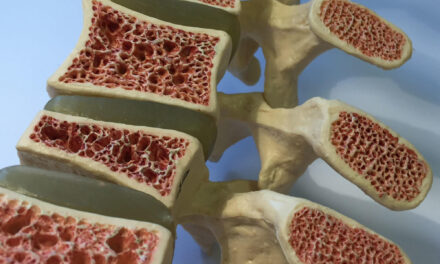A groundbreaking screening system developed at Kyoto University is set to transform the study of sperm cell development and health, potentially unlocking breakthroughs in male contraception and infertility treatments. Published in Cell Genomics, the innovative approach promises to delve into the molecular intricacies of sperm biology like never before.
Led by Professor Jun Suzuki of the Institute for Integrated Cell-Material Sciences (iCeMS), the study tackles a crucial challenge by targeting genes within testicular cells inside living organisms. Utilizing the powerful genetic tool CRISPR, likened to genetic scissors, the researchers devised a method to investigate genes contributing to healthy sperm production directly in living animals, a feat previously limited to laboratory cell cultures.
The team achieved this by introducing a collection of genetic tools into testicular cells in the testes with high efficiency, disrupting genes randomly to study their effects on specific biochemical reactions within sperm cells. By focusing on sperms with defective capacitation, a process vital for fertilization, they identified Rd3, a gene crucial for maintaining sperm cell health during development.
While Rd3 was previously associated with eye function, the study revealed its pivotal role in regulating sperm health, particularly in round sperm cells during early sperm production. Through meticulous examination of Rd3’s interaction with mitochondria, the team uncovered its impact on regulating oxidative stress, a condition linked to cellular damage.
The team’s computational tool, Hub-Explorer, further elucidated Rd3’s function, shedding light on its role in maintaining sperm integrity. This groundbreaking discovery has far-reaching implications, potentially paving the way for new male contraception options and infertility therapies.
Lead author Noguchi emphasizes the significance of this research in addressing the limited choices for male contraception and infertility treatments. The newfound screening method holds immense promise in identifying key molecules crucial for sperm development, offering hope for novel interventions in reproductive health.
Professor Suzuki underscores the broader impact of these findings, highlighting their potential to uncover mysteries in various biological processes. The versatile nature of the method opens doors to expedited drug development for a wide array of diseases, further advancing our understanding of human biology.
Despite these remarkable advancements, challenges persist. The researchers are actively exploring alternative approaches to enhance the effectiveness of their technique, aiming to broaden its application to investigate diverse biological processes and diseases throughout the body.
As scientists continue to unravel the complexities of sperm biology, the newfound insights hold the potential to revolutionize reproductive health and pave the way for innovative therapies benefiting millions worldwide.












